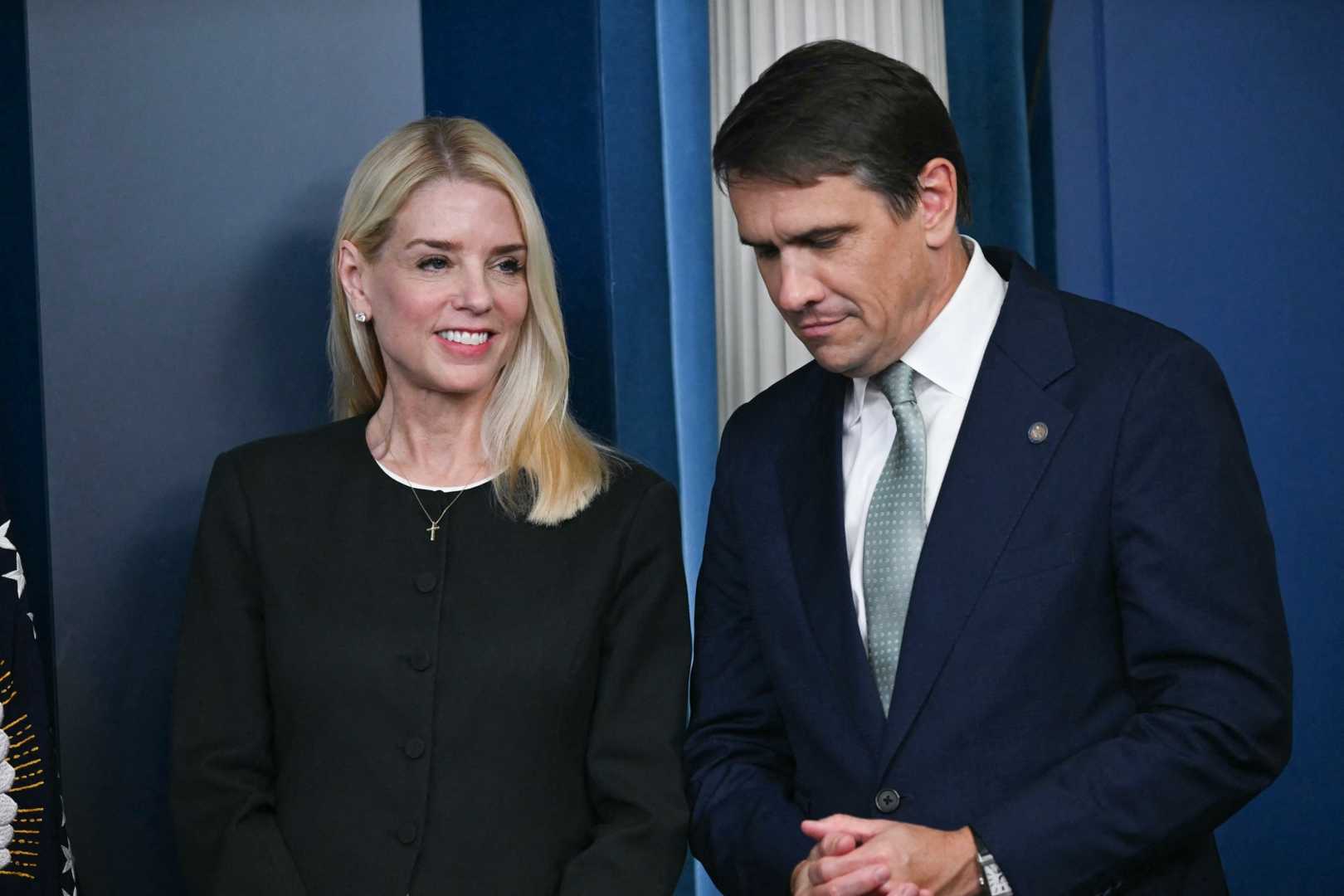Politics
Trump Administration Faces Scrutiny Over Ghislaine Maxwell Interviews

WASHINGTON, D.C. — The Trump administration’s decision to interview Ghislaine Maxwell, a convicted associate of Jeffrey Epstein, has drawn significant scrutiny as officials seek to address concerns about their handling of Epstein-related files.
Deputy Attorney General Todd Blanche publicly confirmed the effort on Friday, explaining that the Justice Department would explore any information Maxwell might have that could aid ongoing investigations into other implicated individuals.
However, skepticism surrounds the motives behind the interviews. Critics are questioning the integrity of this endeavor, given Maxwell’s past and the unusual comments made by former President Donald Trump, who hinted at the possibility of granting her a pardon.
“It’s something I haven’t thought about,” Trump said when asked if he would consider a pardon for Maxwell, who is serving a 20-year sentence for her role in Epstein’s sex trafficking operation.
Trump’s comments have raised alarms among critics, who note that this tactic of dangling pardons has previously been employed in other investigations, such as the Russia probe involving Trump aides.
Senate Minority Leader Chuck Schumer expressed concern over the apparent conflict of interest involved in Blanche’s role, pointing out that he is a political appointee and Trump’s personal lawyer. Schumer remarked, “The conflict of interest is glaring. It stinks of high corruption.”
Maxwell’s attorney, David Oscar Markus, has also shown a surprising level of trust towards the administration. He noted a willingness to explore potential cooperation with the Justice Department and expressed hope for a fair outcome.
“The president this morning said he had the power to [pardon],” Markus stated, adding, “and we hope he exercises that power in a right and just way.”
While the historical context of Trump’s relationships with individuals involved in such crises is murky, the administration’s attempt to clarify its involvement continues to be complicated. Critics worry that if Maxwell were to provide incriminating details, her credibility would be questioned. The Justice Department has previously characterized Maxwell as a “brazen liar,” casting doubt on her reliability as a witness.
Currently, the pursuit of information from Maxwell appears to lack the rigorous oversight expected in such cases, leading to calls for a more cautious approach from various legal analysts.
“The possibility of Maxwell ultimately becoming a viable cooperating witness for the Justice Department remains remote,” one legal expert commented. “Cooperation is a two-way affair, and thus far, it seems both sides are presenting substantial obstacles.”
The implications of these dynamics extend beyond mere names on documents. Maxwell’s potential cooperation carries significant risks for prosecutors, as her testimony, should it be deemed unreliable, could compromise any subsequent legal action against others linked to Epstein.
With ongoing interest in the Epstein case, the public eagerly awaits the outcome of the Maxwell interviews and any relevant disclosures that could emerge.












